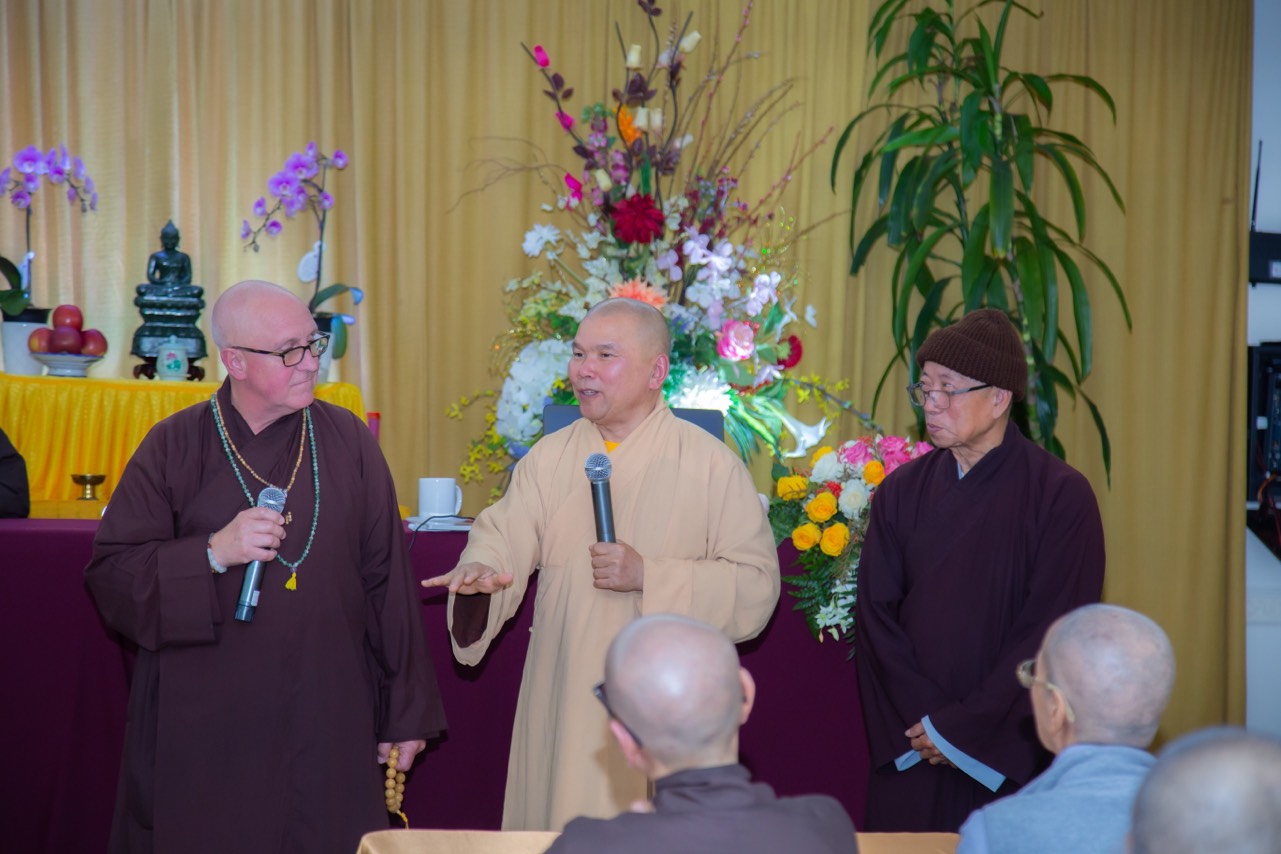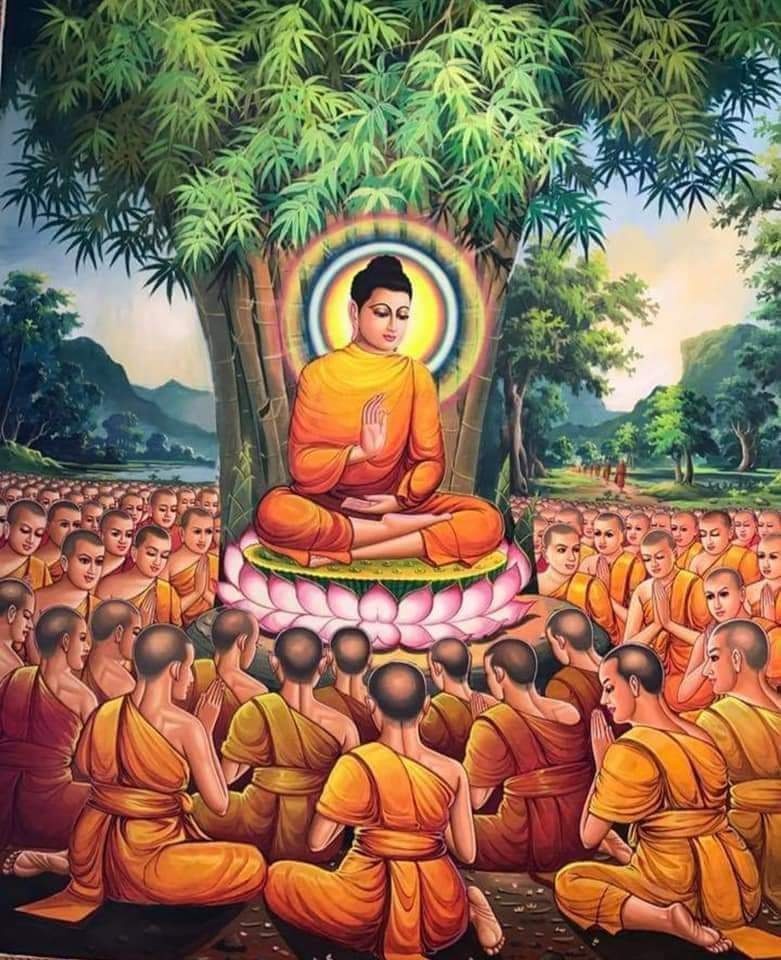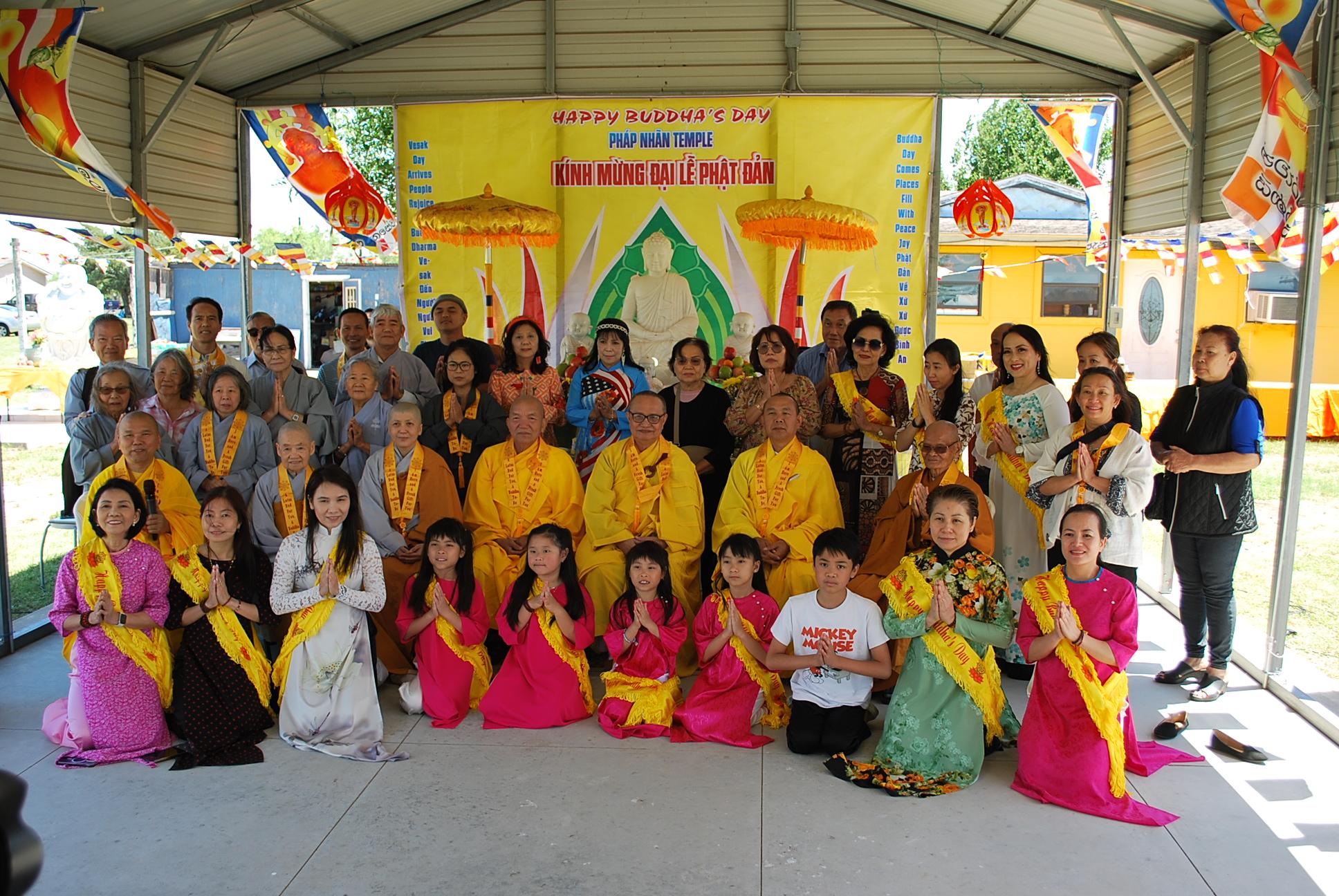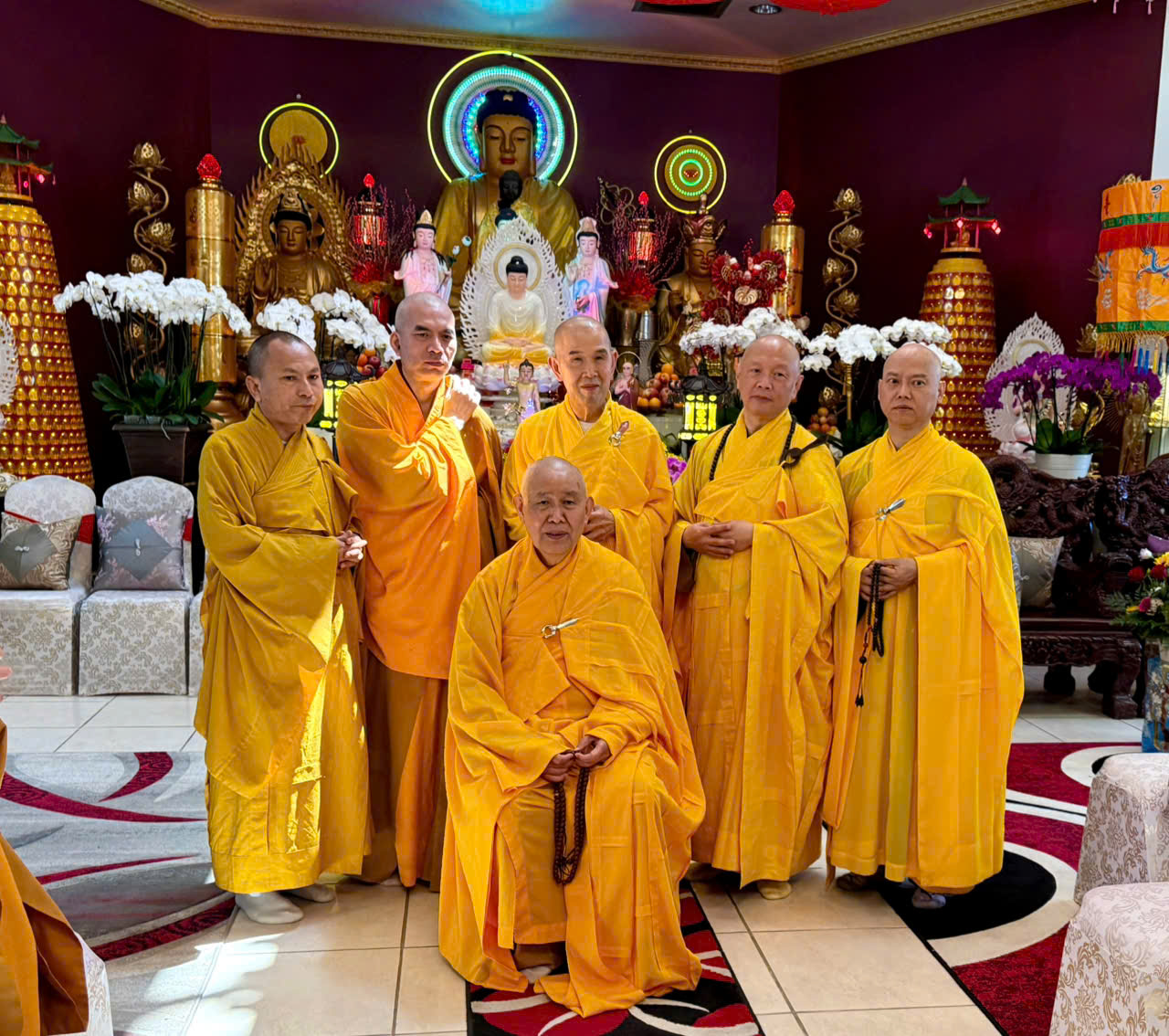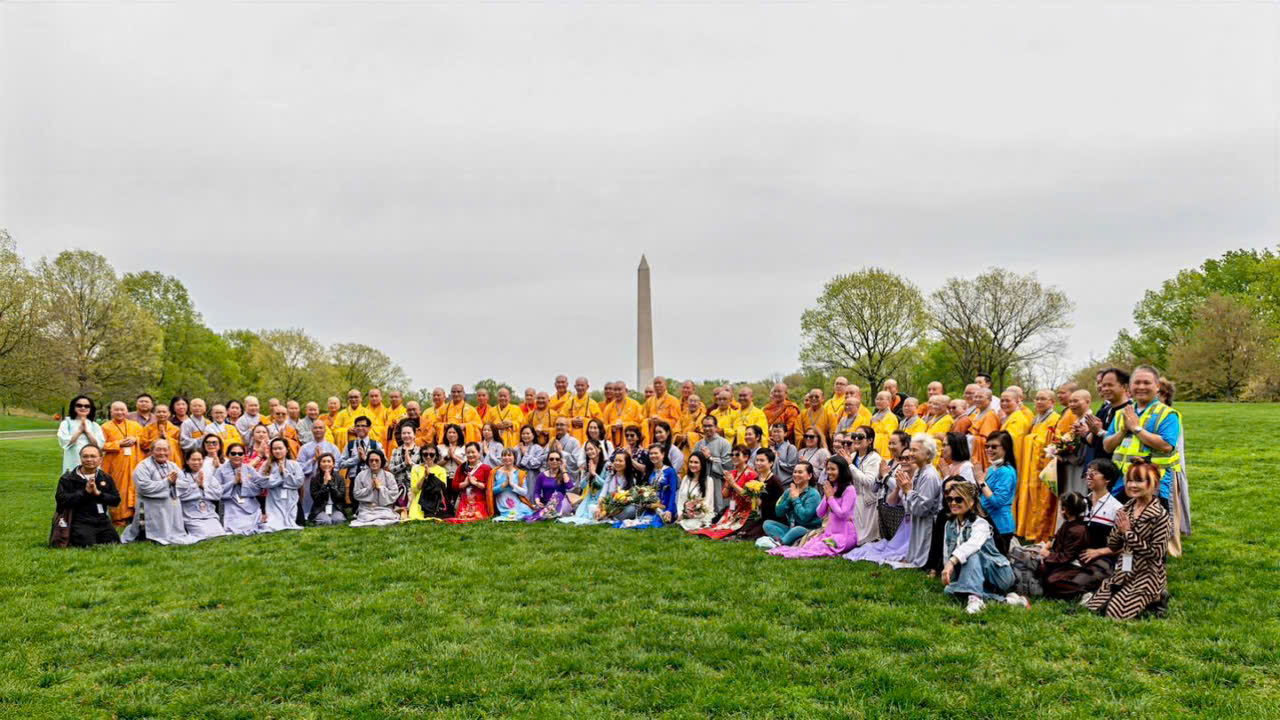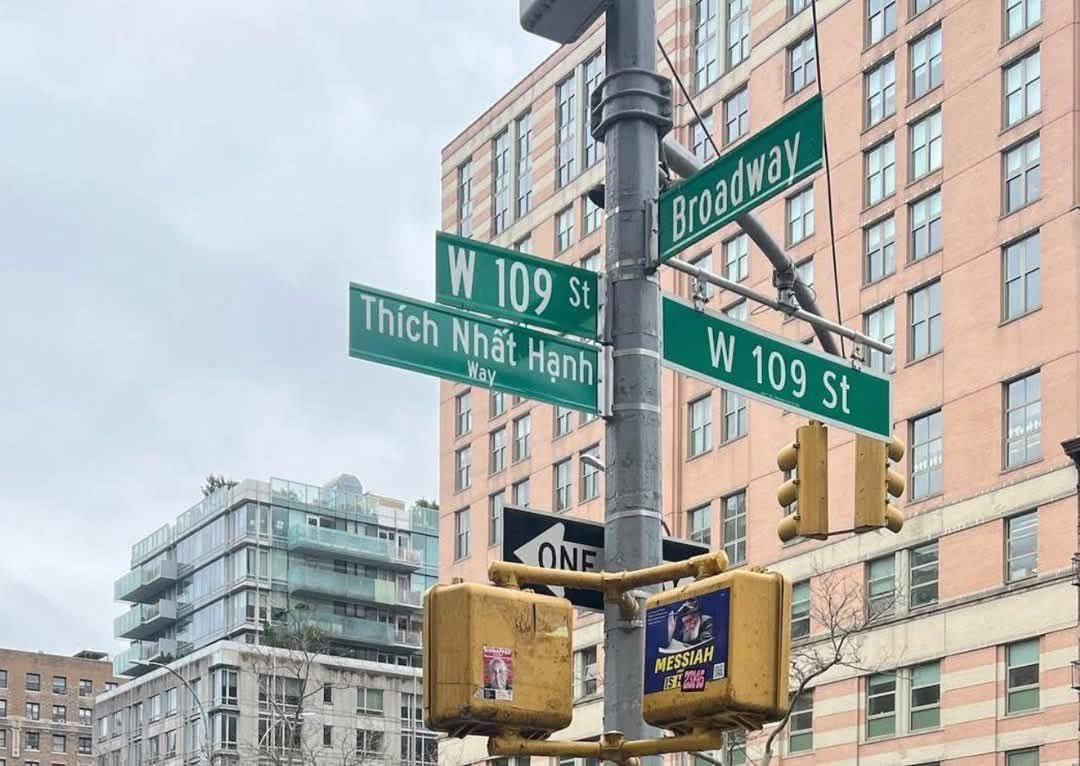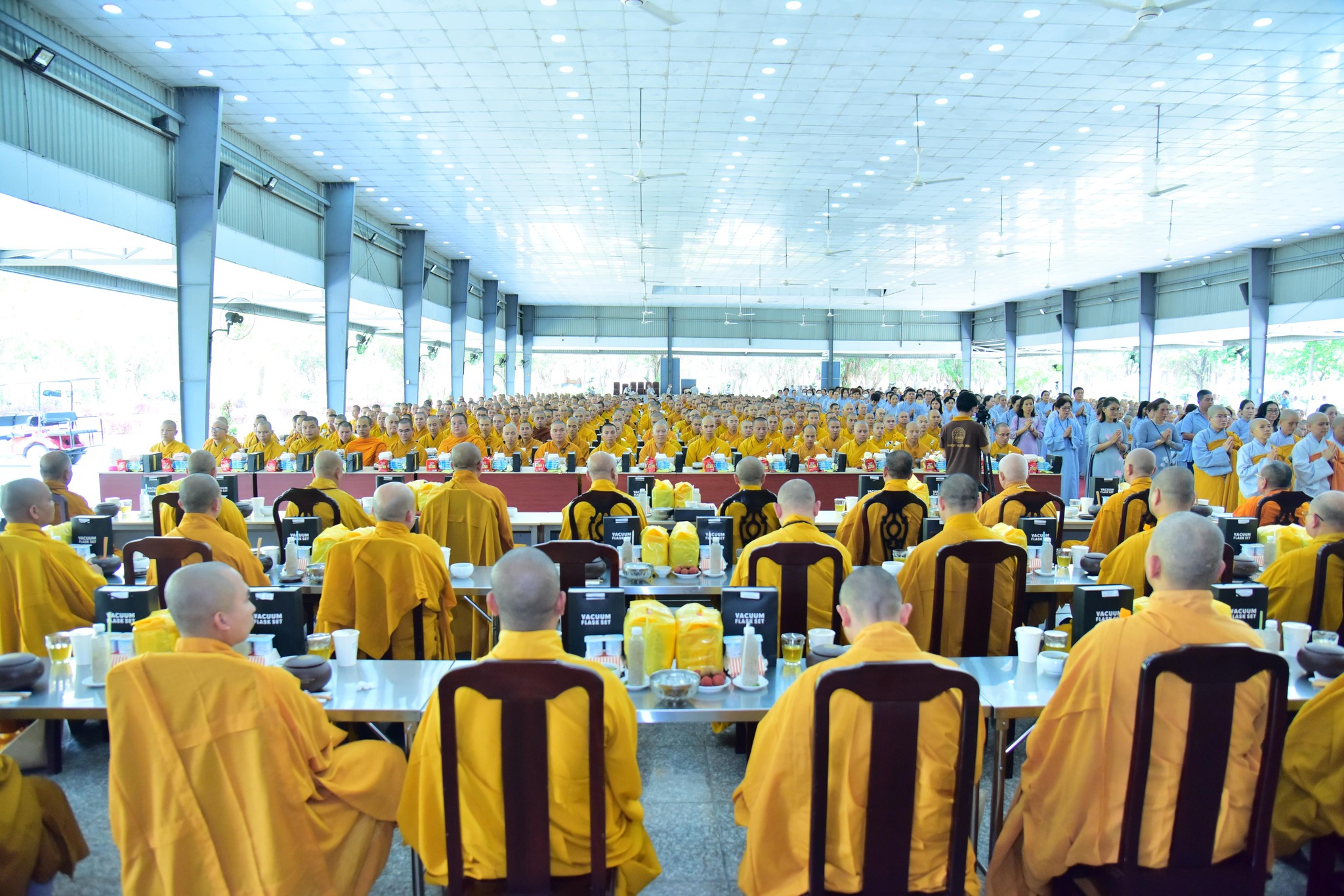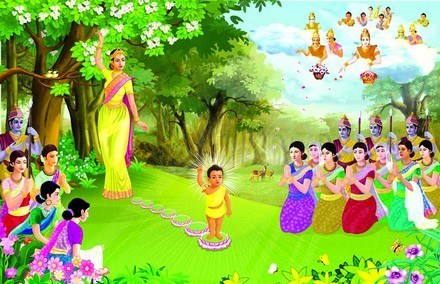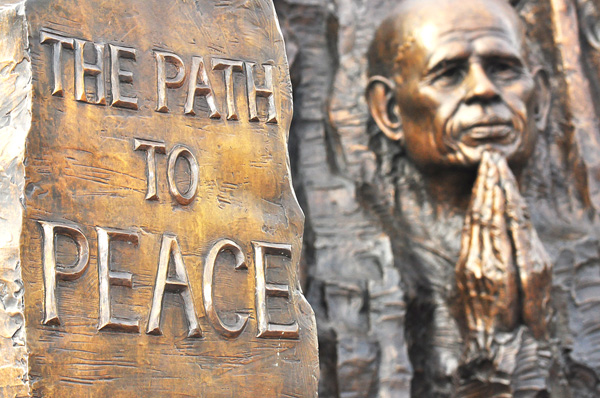Sivali Thera

THE STORY OF THE VENERABLE SIVALI THERA
The birth of a Sivali
At the time of Gautama Buddha, there reigned a righteous king and queen named Koliya and Suppavasa. After some time Queen Suppavasa became pregnant. And the unborn child brought great fortune to the kingdom. Not only did the queen receive many gifts from friends and relatives, but the entire realm became prosperous. Crops grew in abundance, and everyone was well-fed and healthy.
The queen grew heavy with child but when the natural time for the birth arrived (10 lunar months), she failed to deliver the baby. She grew uneasy as time passed without sign of the birth. She asked the king to invite the Buddha and his Sangha for a meal. After the meal the Buddha said:
“May Suppavasa, daughter of the Koliya Clan, be happy, healthy, and give birth to a healthy son.”
After the Buddha departed, the queen gave birth to a beautiful, healthy son. As a mark of respect for the Buddha, who had eased the queen’s heavy burden with his blessings, he and his retinue were invited to receive alms at the palace for seven days.
The prince was named Sivali, since from the time of his conception, the people’s hardships were alleviated by virtue of the rich and abundant crops.
Previous life of Sivali
One day when Sariputra was on his alms round, he visited the prince and informed him of the suffering that he and his mother had undergone because of the delayed pregnancy. Sariputra went on to explain to the prince the unwholesome karma that his mother and he had performed and the resultant effects of their actions:
In a previous birth Sivali had been born as the king of Benares (Varanasi) and had waged war on a neighboring kingdom in collaboration with his consort, his present mother. He had surrounded the kingdom and told the citizens to surrender or fight. When they refused to surrender, together they decided to surround the city and hold the citizens hostage.
The citizens, who neither wanted to fight back nor live under the rule of such a king, had refused to surrender. As a result, they suffered greatly without food for a very long period. Many of the sick and the elderly had died. Yet, the arrogant king and his queen had not given in. Many months later the king withdrew his troops and released his hostages, but he paid dearly for the suffering he had caused.
When he died, he was reborn in Avici, an infernal world of torment. The delayed pregnancy and the suffering he and his mother had undergone as a result of the delay were the residual effects of this karma.
Ordination & immediate Arahant attainment of Sivali
After illustrating the first noble truth of suffering, Sariputra asked the prince if he would like to join the Noble Order so as to pursue a path to the end of all suffering. The prince was overjoyed at this invitation and agreed to join the Order with his mother’s permission.
The queen, who was a devoted follower of the Buddha, agreed. She escorted Prince Sivali in a procession to the monastery to be ordained. On the day of her son’s ordination, when his hair was being shaved, Sariputra advised Sivali to meditate on the impurities of the body. Sivali was spiritually advanced as a result of previous wholesome actions and was therefore able to focus his mind as instructed. Before the shaving was completed, Sivali attained the supreme wisdom of nirvana.
Miracles of Sivali
The monks soon noticed a strange phenomenon when they were with Sivali. He always seemed to have an abundance of rich, fragrant food and the other requisites (robes, shelter, and medicine). And monks who were with him had the opportunity to share in the bounty. Wherever Sivali went, people flocked around to prepare food for him. Sivali was indeed blessed with all the requisites of a monk. And wherever Sivali traveled, he was well taken care of.
He and his large retinue of monks were once in an uninhabited forest for seven days. Nevertheless, they were not short of food. For the devas made sure that all of their requirements were met. Similarly, when Sivali was traveling through the desert, his requisites were provided.
Declaration of Buddha on Sivali
The Buddha, noticing that Sivali was fulfilling a previous aspiration, declared him “foremost among monks in obtaining requisites.” He instructed monks who were traveling on long, difficult journeys through uninhabited terrain to be accompanied by Sivali to ensure that they would have their requisites met.
In fact, on one occasion when the Buddha and a retinue of 30,000 monks were traveling to visit the monk Khadhiravaniya Revata (Sariputra’s younger brother), they had to cross an uninhabited forest. Ananda, fearing that they would not be able to obtain food in the jungle for such a large number of monks, questioned the Buddha about the logistics of the journey.
The Buddha assured Ananda that they had nothing to worry about as Sivali was with them. With Sivali present there would be no shortage of food because even the devas reveled in donating provisions.
Why Maha Thera Sivali was blessed with such merits
To find the cause of this strange phenomenon, it is necessary to go back many aeons to the time of Padumuttara Buddha. Sivali had been born as a poor man at that time but had the rare opportunity to see that Buddha confer on a monk the designation “foremost among monks in obtaining requisites.” Fascinated by the way everyone desired to provide alms and robes to this monk, Sivali decided that he too would like to hold that position in a future birth.
He then performed many acts of generosity to Padumuttara Buddha and the Sangha in that ancient dispensation. Having done so, he made an aspiration. Padumuttara Buddha, foreseeing that Sivali’s aspiration would be fulfilled, prophesied that at the time of Gautama Buddha he would be foremost among monks in obtaining requisites. From this point onwards, Sivali had started in earnest to work towards his aspiration. At death he was reborn in a celestial realm where he enjoyed many thousands of years of heavenly bliss. The next documented birth-story (jataka) took place at the time of Vipassi Buddha 91 world-cycles (maha-kalpas or “aeons”) before Gautama Buddha. Sivali was then born as a merchant in the city of Bandhumati. The city was preparing a great almsgiving for Vipassi Buddha and his Sangha.
They realized they were short on curd and honey, a dessert that was often served after the noonday meal. Word was sent all over the city to obtain the required delicacies. Unable to obtain the necessary items, the king’s men raised the price of curd and honey from one gold coin to 100 gold coins. In the meantime, Sivali (a merchant who sold curd and honey) was approached and offered 100 gold coins for his merchandise. He was surprised at the unusually high price being offered and enquired for whose consumption they were buying the curd. On being told that it was for Vipassi Buddha and the Sangha, Sivali asked permission to donate his wares. He renewed his aspiration to be foremost among monks in obtaining requisites.
Vipassi Buddha, seeing that Sivali’s aspiration would be fulfilled, blessed him by saying, “May your aspiration be fulfilled!” Sivali then became a devotee of Vipassi Buddha and practiced the Dharma in that dispensation.
Resulting from this strong aspiration and the meritorious deeds and efforts performed in previous births, Sivali fulfilled his aspiration to be foremost among in obtaining requisites at the time of Gautama Buddha. Even now, some Buddhists venerate the saint (i.e., enlightened) Sivali and often keep a picture or this discourse in their home as a symbol of abundance of food and prosperity.
Dhammapada 414 about Ven. Sivali While residing in the Kundadhana Forest near the city of Kundakoliya, the Buddha uttered Verse 414, with reference to the Maha Thera Sivali. Princess Suppavasa of Kundakoliya was pregnant for seven years.
Thereafter, she was in labor for seven days. She continued to contemplate the rare qualities of the Buddha, the Dharma, and the Sangha. And in the end she sent her husband to the Buddha to pay obeisance to him on her behalf and to inform him of her condition. When informed of the condition of the princess, the Buddha said, “May Suppavasa be free from danger and from sorrow; may she give birth to a healthy noble son in safety.”
As the Buddha spoke these words, Suppavasa gave birth to a son at her house. On that very day, soon after the birth of her child, the queen invited the Buddha and the Sangha to their home for alms. The newborn offered filtered water to the Buddha and the bhikkhus. To celebrate the birth of the child, the parents invited the Buddha and the recluses to their home to offer food for seven days.
When the child grew up he was admitted into the Sangha and came to be known as the monk Sivali. As soon as his head was shaved, he attained enlightenment. He later became famous as the recluse who received the most offerings. As a recipient, he was unsurpassed.
On one occasion, the recluses asked the Buddha the reason for Sivali confinement in his mother’s womb for seven years although he had the qualifications to become an arhat. The Buddha replied, “O recluses, in a previous existence, Sivali was the son of a king who lost his kingdom to another king. In trying to regain the kingdom, he had besieged the city on the advice of his mother. As a result, the people in the city were without food or water for seven days.
This unskillful deed was the cause of Sivali’s imprisonment in his mother’s womb. But now, Sivali has come to the end of all suffering; he had realized nirvana.
The Buddha then uttered this verse: “Him I call a brahmin who, having traversed this dangerous swamp (passion), this difficult road (defilements), this ocean of life and death (Samsara) and darkness of ignorance (moha), and having crossed the fourfold flood, has reached the other shore (nirvana), who practices tranquility and mindfulness, who is free from craving and doubt, who clings to nothing and remains in perfect peace.
Sivali is worshiped by Thai people as the greatest fortune-fetching monk.
Sivali was an important disciple of Lord Buddha. He was praised by the Lord as the most miraculous monk for fortune.
Buddhist legend says the Lord and his large group of disciples made a pilgrimage to a jungle for meditation practices. There were no people but gods and the unseen creatures existed along the way they went by. The deep jungle really caused troubles, no people offered food to Lord Buddha and all his disciple monks.
How and where could they get food from? Had they anything to eat ?
The Lord’s closest disciple, Anondha, was strongly worried about that. But the Lord soothed him to worry nothing because Sivali, who had also joined the pilgrimage group, could help bring food for everyone by his great miraculous power.That’s true, all gods and unseen creatures in the jungle gathered to pay respect to Sivali and brought a great deal of food for all.



